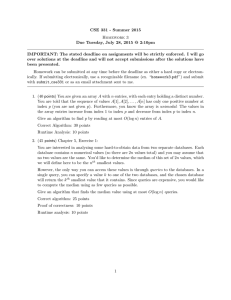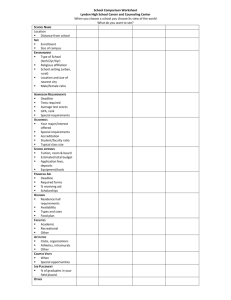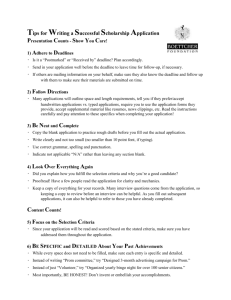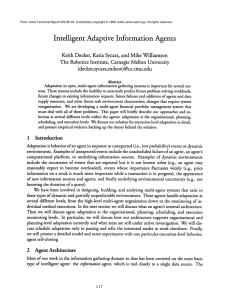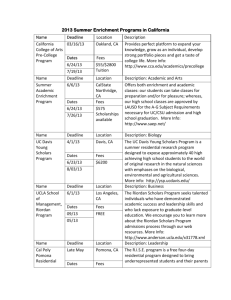Impact of ISIS implementation and conversion to Campus Solutions
advertisement
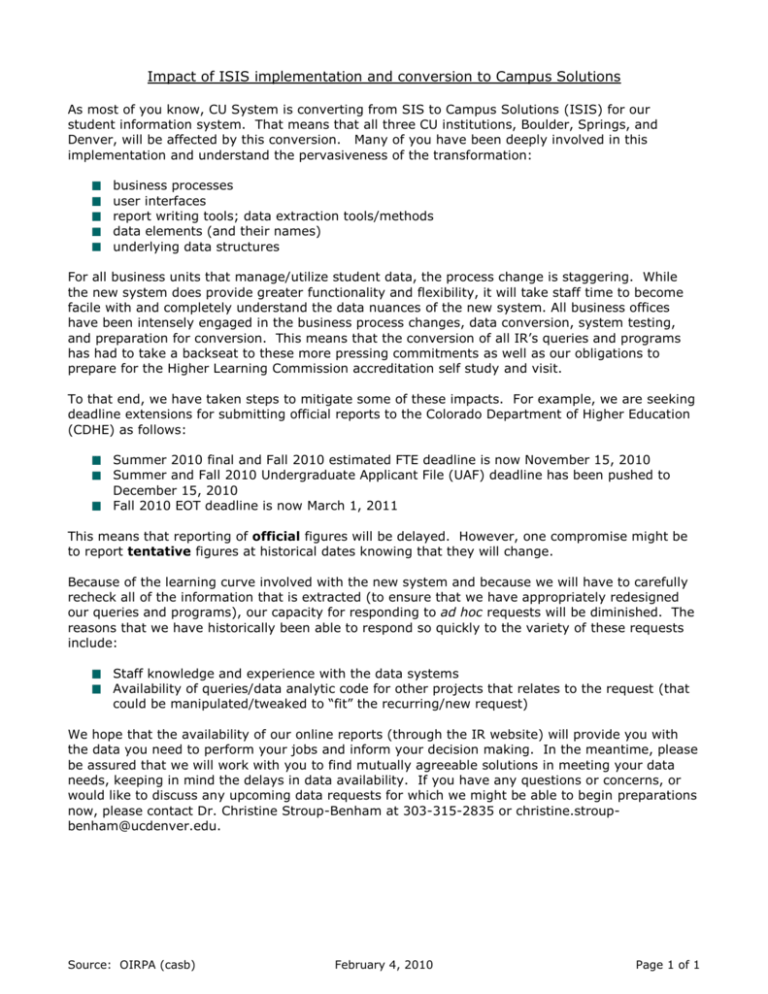
Impact of ISIS implementation and conversion to Campus Solutions As most of you know, CU System is converting from SIS to Campus Solutions (ISIS) for our student information system. That means that all three CU institutions, Boulder, Springs, and Denver, will be affected by this conversion. Many of you have been deeply involved in this implementation and understand the pervasiveness of the transformation: business processes user interfaces report writing tools; data extraction tools/methods data elements (and their names) underlying data structures For all business units that manage/utilize student data, the process change is staggering. While the new system does provide greater functionality and flexibility, it will take staff time to become facile with and completely understand the data nuances of the new system. All business offices have been intensely engaged in the business process changes, data conversion, system testing, and preparation for conversion. This means that the conversion of all IR’s queries and programs has had to take a backseat to these more pressing commitments as well as our obligations to prepare for the Higher Learning Commission accreditation self study and visit. To that end, we have taken steps to mitigate some of these impacts. For example, we are seeking deadline extensions for submitting official reports to the Colorado Department of Higher Education (CDHE) as follows: Summer 2010 final and Fall 2010 estimated FTE deadline is now November 15, 2010 Summer and Fall 2010 Undergraduate Applicant File (UAF) deadline has been pushed to December 15, 2010 Fall 2010 EOT deadline is now March 1, 2011 This means that reporting of official figures will be delayed. However, one compromise might be to report tentative figures at historical dates knowing that they will change. Because of the learning curve involved with the new system and because we will have to carefully recheck all of the information that is extracted (to ensure that we have appropriately redesigned our queries and programs), our capacity for responding to ad hoc requests will be diminished. The reasons that we have historically been able to respond so quickly to the variety of these requests include: Staff knowledge and experience with the data systems Availability of queries/data analytic code for other projects that relates to the request (that could be manipulated/tweaked to “fit” the recurring/new request) We hope that the availability of our online reports (through the IR website) will provide you with the data you need to perform your jobs and inform your decision making. In the meantime, please be assured that we will work with you to find mutually agreeable solutions in meeting your data needs, keeping in mind the delays in data availability. If you have any questions or concerns, or would like to discuss any upcoming data requests for which we might be able to begin preparations now, please contact Dr. Christine Stroup-Benham at 303-315-2835 or christine.stroupbenham@ucdenver.edu. Source: OIRPA (casb) February 4, 2010 Page 1 of 1


